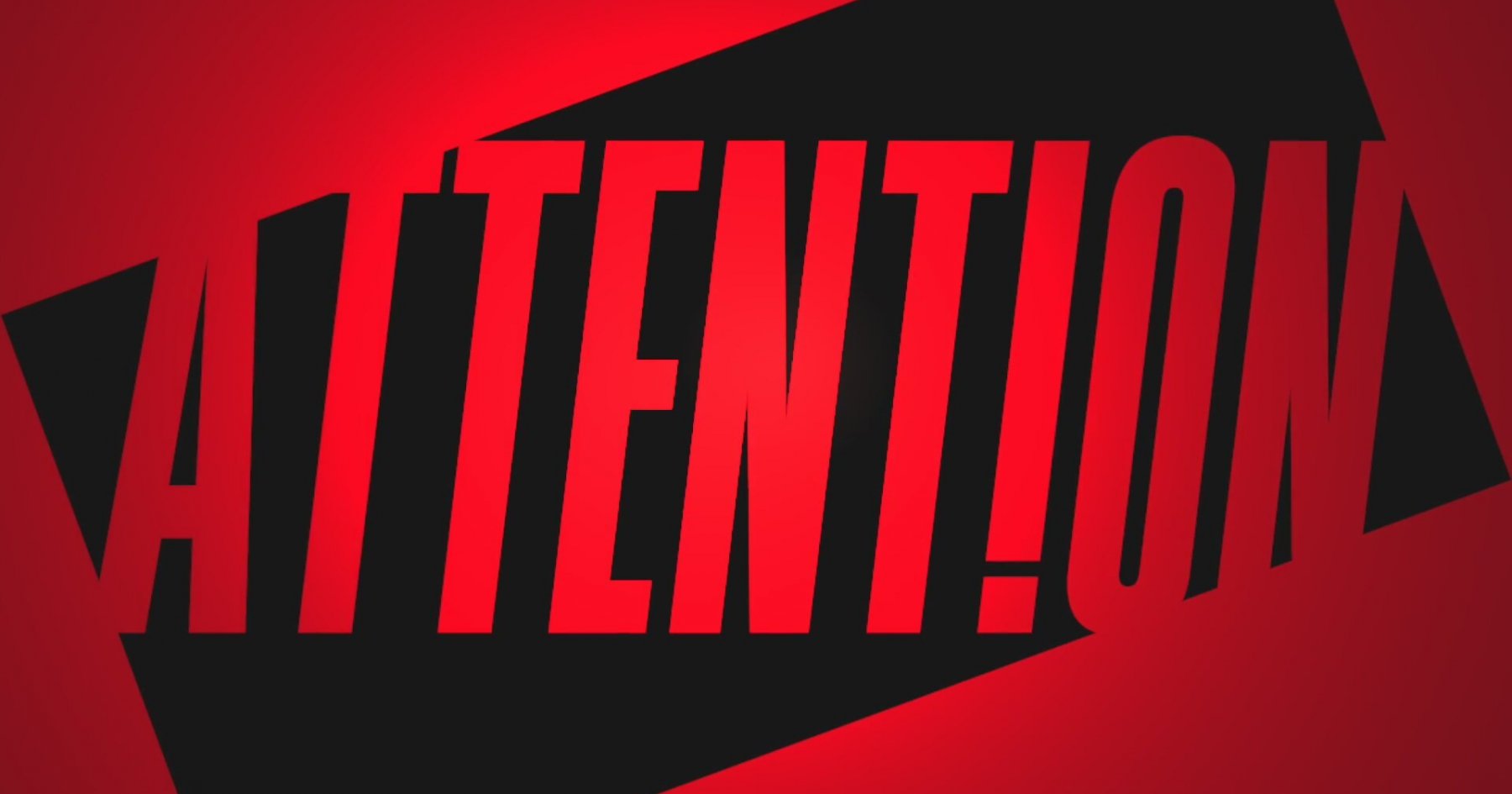

In Episode 4, when Max's mind is caught in the Upside Down and she's about to fall victim to Vecna, her friends put her headphones on her and play the song to help her reconnect to her body in Hawkins, helping her escape the deadly threat. The song is first heard in Season 4, Episode 1 of the series, being used as music that Max (Sadie Sink) is listening to on her headphones. Self-attention, sometimes called intra-attention is an attention mechanism relating different positions of a single sequence in order to compute a representation of the sequence. The thought of all these young people hearing this song for the first time and discovering it, well, I think it's very special." to averaging attention-weighted positions, an effect we counteract with Multi-Head Attention as described in section 3.2. What's really wonderful is that this is a whole new audience who in a lot of cases haven't heard of me, and I love that. It's quite shocking really, isn't it? The whole world's gone mad.

I mean, it's such a great series, I thought that the track would get some attention, but I never imagined that it would be anything like this," Bush shared with BBC Radio 4's Woman's Hour, per Billboard. "It's so exciting. It’s an irregular verb, but it’s not the only verb ending in “ay” to change the “y” to an “i” in the past tense."It's just extraordinary. Paid is the variation that you will find yourself using most often. If you paid attention in class, you would have heard about the quiz.
I paid her a visit while she wasn’t feeling well. Paid generally has something to do with giving or transferring money but has other meanings such as to visit When to use paid vs paid attentionPaid is also the past tense and past participle of pay and is used in every other sense of the word besides the nautical meaning. These are the only uses in which you should be finding yourself using payed, when dealing with cable, rope, or chain being let out by slacking or the sealing of a wooden ship. This ship looks fine but has yet to be payed. Payed can also refer to the sealing of a deck or hull of a wooden ship with pitch or tar to prevent leakage. Laying down telephone lines, he payed out the cable as he went. The construction works payed out the cable as he strung the line. The captain payed out additional rope for the sails. Payed has a common and historical use as a nautical term having to do with ropes and ship hulls. Is it payed attentionPayed is the past tense and past participle of the verb pay but is used in a very limited sense. I Yam what I Yam, but I ain't no sailor man ¯\_(ツ)_/¯ Here PAYED is a method of sealing seams with a version of that black gooey, smelly stuff (pitch, tar, other versions of the sealant I'm sure now) You'd know it if you'd ever been within a few blocks of it, because that stuff smells weird and funky, such as when they're putting a new roof on maybe a high school or Gov't building, but if you've never experienced that, think La Brea Tar Pits, and cramming that goo into a seam is PAYING the seam, or past tense, They PAYED the seams.
#Attention attention free#
"The sailors were paid well, because they payed well." Find 48 ways to say ATTENTION, along with antonyms, related words, and example sentences at, the world's most trusted free thesaurus. That was the one kind of strange one, but if you think of it as changing lengths of lines to the ship to change it's position, then you get it.

The currents and winds were so strong, he PAYED OUT the anchor line to get it to bite, and hold fast. They PAYED OFF the lines quickly to let the ship fall off leeward before the approaching storm. The Captain ordered, "Slack Away" and the crew PAYED OUT on the hawser so that a longer length is Outside the ship. Well, neither is an accepted greeting for a letter nowadays, but if I had to choose one, it would be: To the attention of Mr/Mrs. The first form of payed, the past tense of pay, is basically regarding changing/securing a ships position, during mooring using lines (the BIG ropes on ships) and other mooring devices. For the attention of Mr/Mrs or To the attention of Mr/Mrs thank you 07:33:13. It has a couple of very specific nautical meanings, but one is usually accompanied with another word, that doesn't actually change the meaning of the word payed, but when added with the accompanying word, those short phrases will be something slightly different, and I'll attempt to explain it more easily with examples below. We use focused attention, or mental focus, to attend to both internal stimuli (feeling thirsty) and external stimuli (sounds) and is an important skill that allows us to carefully and efficiently carry out tasks in our daily lives. While the vast majority of meanings of "pay", deal with finances, and that past tense is always "paid" in the modern world, yet a few specific versions of it's definition, "PAYED" is the only past tense option. Focused attention is a type of attention that makes it possible to quickly detect relevant stimuli. Payed absolutely DOES exist, all over the world in fact.


 0 kommentar(er)
0 kommentar(er)
